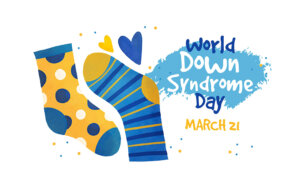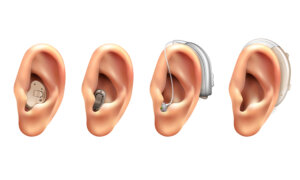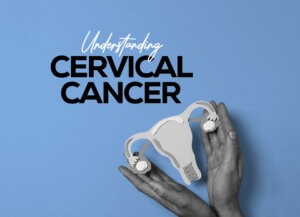World Heart Day takes place on 29th September every year and is the world’s biggest platform for raising awareness about cardiovascular diseases. Cardiovascular disease (CVD) is the world’s number one killer today. It takes the lives of 17.9 million people every year, 31% of all global deaths. Triggering these diseases – which manifest primarily as heart attacks and strokes – are tobacco use, unhealthy diet, physical inactivity and the harmful use of alcohol. These in turn show up in people as raised blood
pressure, elevated blood glucose and overweight and obesity, risks detrimental to good heart health.

What are cardiovascular diseases?
Cardiovascular diseases (CVDs) are a group of disorders of the heart and blood vessels and they include:
-coronary heart disease – disease of the blood vessels supplying the heart muscle;
-cerebrovascular disease – disease of the blood vessels supplying the brain;
-peripheral arterial disease – disease of blood vessels supplying the arms and legs;
-rheumatic heart disease – damage to the heart muscle and heart valves from rheumatic fever, caused by streptococcal bacteria;
-congenital heart disease – malformations of heart structure existing at birth;
-deep vein thrombosis and pulmonary embolism – blood clots in the leg veins, which can dislodge and move to the heart and lungs.

Heart attacks and strokes are usually acute events and are mainly caused by a blockage that prevents blood from flowing to the heart or brain. The most common reason for this is a build-up of fatty deposits on the inner walls of the blood vessels that supply the heart or brain. Strokes can also be caused by bleeding from a blood vessel in the brain or from blood clots. The cause of heart attacks and strokes are usually the presence of a combination of risk factors, such as tobacco use, unhealthy diet and obesity, physical inactivity and harmful use of alcohol, hypertension, diabetes and hyperlipidaemia.
What are the risk factors for cardiovascular disease?
The most important behavioural risk factors of heart disease and stroke are unhealthy diet, physical inactivity, tobacco use and harmful use of alcohol.

The effects of behavioral risk factors may show up in individuals as raised blood pressure, raised blood glucose, raised blood lipids, and overweight and obesity. These “intermediate risks factors” can be measured in primary care facilities and indicate an increased risk of developing a heart attack, stroke, heart failure and other complications. Cessation of tobacco use, reduction of salt in the diet, consuming fruits and vegetables, regular physical activity and avoiding harmful use of alcohol have been shown to reduce the
risk of cardiovascular disease.
In addition, drug treatment of diabetes, hypertension and high blood lipids may be necessary to reduce cardiovascular risk and prevent heart attacks and stroke.
This year on World Heart Day, as part of our mission is to Use Heart … for society, your loved ones and you.

Use Heart is about using:
Your head
To understand what it takes to live a heart healthy life and to act on that knowledge, changing your behavior for a better quality of life now and in the future.
Your influence
-As an individual to set an example for your loved ones.
-As a healthcare professional to help your patients make positive changes for their heart health.
-As an employer to invest in the heart health of your employees.
-As a government to implement policies and initiatives that will lead to better societal heart health, such as sugar taxes, smoking bans and reducing air pollution.
Your compassion
To look beyond the self and act in ways that support the most vulnerable in society; those with underlying heart-related conditions that may put them at greater risk in the time of COVID-19.
Use Heart to make better choices
We can all look after our hearts and help to prevent CVD by eating a healthy diet, saying no to tobacco, sticking to safe alcohol guidelines and getting plenty of exercise – setting an example for our children and loved ones.
Use Heart to listen to your heart
If you have an underlying health condition, such as heart disease, heart failure, diabetes, high blood pressure or obesity, don’t let COVID-19 stop you attending your regular check-ups.










